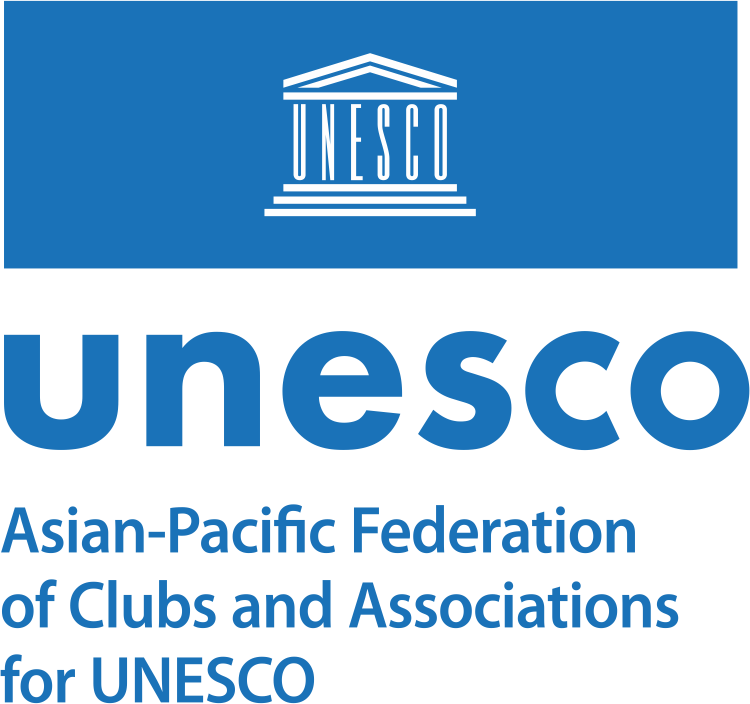Bolat Akchulakov becomes the new President of Asian-Pacific Federation of UNESCO Clubs
The 23rd Session of AFUCA Executive Board meeting, organized by the Asia-Pacific Federation of UNESCO Clubs and Associations with the support of Almaty Akimat and the National Commission of the Republic of Kazakhstan for UNESCO and ISESCO, was held in Almaty for the first time.
The event is dedicated to the celebration of a commemorative date – the 1000th anniversary of Almaty. The meeting brought together representatives of AFUCA member countries: Bangladesh, Vietnam, India, China, Korea, Nepal, Russia, Thailand, Japan and Kazakhstan. In addition, participants from Kyrgyzstan, the Philippines, Tajikistan and Uzbekistan were invited as international observers.
During the 23rd session of AFUCA Executive Board Meeting, the head of Kazakhstan National Federation of UNESCO Clubs, Bolat Akchulakov, was elected as the new President of the Asian-Pacific Federation of UNESCO Clubs and Associations.
“It is a great honor for me to be the President of Asia-Pacific Federation of UNESCO Clubs and Associations. I started working at UNESCO Clubs movement 4 years ago, and because I am a busy person, I thought it would last a year, but I liked the job – it’s a great contribution, a great privilege to work with children, I did not expect that I would occupy senior positions in the Federation” – said the newly elected President of the Federation. Akchulakov noted that he will keep promoting the ideas of UNESCO – these are the ideas of tolerance, global citizenship, good neighborliness. Now the main priority is the expansion of the Federation, the increase in the number of its members. As a result, it was decided to accept Kyrgyzstan as a full member of the Federation.
Now Kazakhstani Clubs actively interact with talented and creative young people. Within the framework of the meeting, the festival “Children are painting the World. Asia” took place. According to the organizers, the festival will bring countries closer together and will introduce children to the culture of neighboring states.
